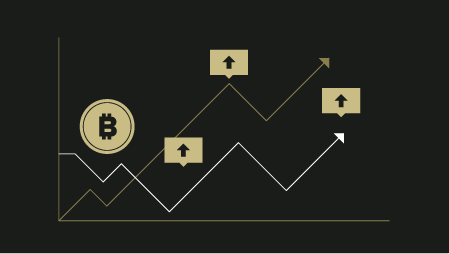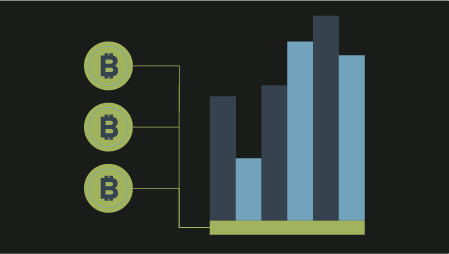To some, auditing might sound like a stuffy, old-fashioned concept. But that couldn’t be further from the truth now that modern technologies are bringing this industry into the 21st century. In fact, the opportunities are already becoming common knowledge:
KPMG and Forbes Insights found that 80% of the auditing professionals, managers, and CEOs surveyed want auditors to work from larger pools of data and use more modern tools to perform their work. In other words, they recognize the benefits of timely and accurate auditing processes. But what kind of technologies are actually involved in making that possible?
Artificial Intelligence for Audit Quality Assurance
We think of auditing as a quality assurance process — but what mechanisms are in place to ensure the auditing process is, itself, high-quality? Artificial intelligence and “cognitive technology” point to a solution.
Like it or not, algorithms can digest and learn from far more data, in far less time, than whole teams of auditors could manage. When it comes to auditing companies for risk, for example, auditors today can pull structured and unstructured data from company web properties, customer and client interactions, social channels, financial records, market analysis and much more to come up with well-rounded threat profiles.
Cognitive technology can help auditors of all types cast a wider net for relevant data and better understand the types of harm to which an organization might be susceptible. It can also help pinpoint anomalies much more quickly than human auditors and help companies redress any problems with their financial reporting controls.
In 2019, the Defense Contract Audit Agency announced plans to increase the number of audits for government contractor business systems. But high-risk companies that are already using all the tools at their disposal to conduct good-faith bookkeeping and risk assessments need not fear the coming of a government audit.
Prediction Algorithms for Operational Decision-Making
The next question, now that we know why data plays such a huge part in audit quality, is to understand what these audits help guard against in the first place. Apart from auditing for financial fraud, what other kinds of risks does intelligence-gathering help companies guard against?
From investments and acquisitions to major purchases and hiring decisions, startups and mature companies alike need to be able to rely on robust sets of data and genuinely useful predictive analytical models to help plan the future of their companies. When decision-makers use prediction tools to inform their choices, they can plan further into the future and have a more confident grasp of their financial standing and a more complete understanding of how major decisions today will affect the company’s goals going forward.
It sounds like fortune-telling, but it’s not. Auditors armed with predictive analysis can study the history of a company, its current assets, market and industry trends, competitor activities and more to help judge the “correctness” of one action — like an acquisition or a new product introduction — over another.
Blockchain for Easier (and Potentially Automated) Audits
It might sound like human auditors are getting squeezed out of the picture here. And to be honest, there’s some reason to think that’s eventually going to be the case. Deloitte Deutschland says fully automated audits will materialize at some point. But if it does, it’ll be thanks to blockchain.
On the face of it, blockchain sounds like a death knell for the auditing profession. In the shorter term, we’ll see blockchain adopted more widely by companies and used more frequently as the means to verify transactions. The distributed blockchain ledger captures financial information at a fixed point in time and can’t be altered after the fact, meaning it could become the gold-standard for auditors looking to verify a company’s finances. The time savings could be substantial, too: it takes just one hour to verify 6 “blocks” of financial records, but up to one month to process the same number of transactions using more familiar auditing protocols.
Once the dust settles and a handful of industry standards percolate to the top, will be a game-changer for compliance, transaction transparency, and the auditing process. Even now, committees of regulators, technology companies, and bankers are looking for ways to build a so-called “new operating system for financial markets.” As blockchain becomes more widely deployed and companies rely on it for track-and-trace, peace of mind via smart contracts, and accountability to the truth in financial reporting, auditors will begin to benefit from it for the same reasons: high-quality, high-fidelity data and the benefit of knowing that mistakes and underhanded dealings are getting harder to hide.
Challenges and Opportunities
As you’ve probably been able to gather, the role of the auditor will start to look a little different as these technologies mature further. Their roles will have to gravitate more toward that of analyst or data scientist. They’ll also need to be more than conversant in cybersecurity and other types of modern threats that might be relevant to auditing. It also seems there’s going to be a need for human intuition in the auditing field for a long time to come, even as technologies make the more repetitive tasks less of a burden.




